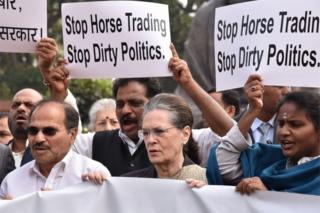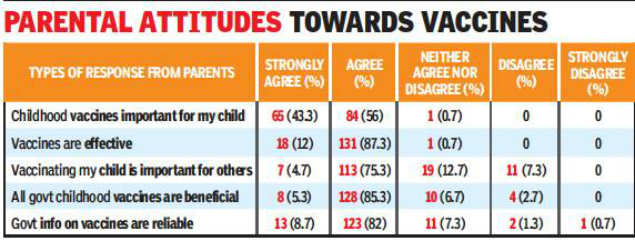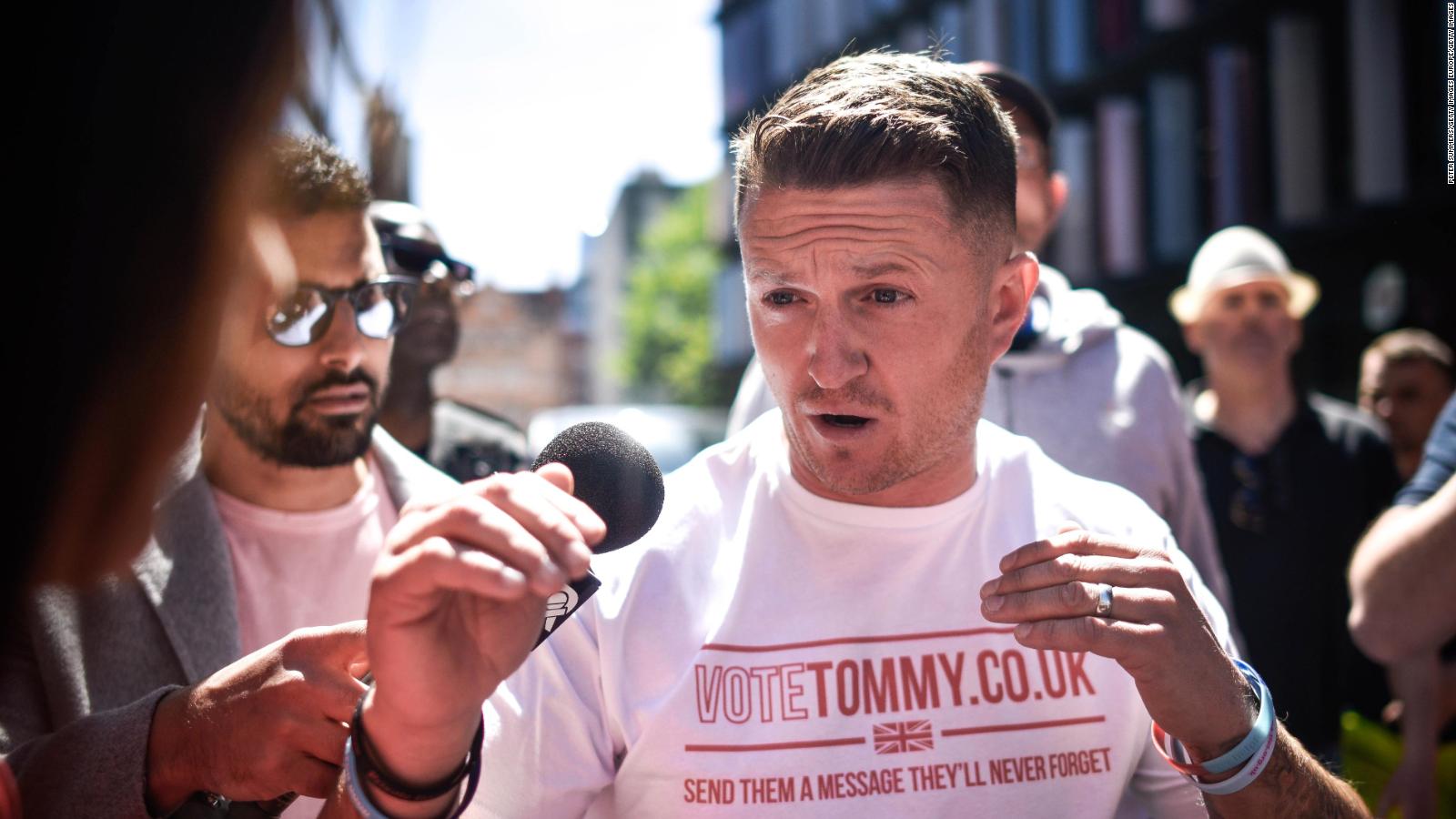It’s a little bit of a trick being a political science trainer these days. The rationale I do know it is because I’ve a buddy who teaches political science to highschool college students in New Delhi. I’ll name her Meera.
Meera is the type of trainer who by no means has an issue with pupil absenteeism as a result of she is aware of the way to carry her topic to life. When parliament is in session, she reveals her class dwell Lok Sabha and Rajya Sabha TV telecasts. She additionally organises common classroom debates on present occasions and makes it a degree each morning to debate along with her class the key socio-political occasions of yesterday. Briefly, she is the political science trainer everybody ought to have, or ought to have had after they had been in highschool.
It goes with out saying that the scholars in her class are extraordinarily effectively knowledgeable and may maintain forth intelligently for hours on finish on Indian politics as a result of their trainer has taught them to assume critically. However as a result of she has taught them to try this, additionally they ask loads of uncomfortable questions. And because of this it’s a trick to be a political science trainer in Modi’s India, as a result of whereas lecturers like Meera are inspired to get their college students to “carry out effectively” on one hand, they’re discouraged from instructing them to critique India’s social and political realities on the opposite.
Meera tells me there’s an unwritten settlement amongst the opposite workers members to not be vocally vital of the current dispensation and to keep away from discussing Indian politics throughout college hours.
I burst out laughing. “And the way do you handle that?”
“I don’t,” she says, matter-of-factly. “I’m a trainer and if I’m going to show them my topic then I’ve to speak about present political realities, proper? Political science, in any case is the scientific evaluation of political exercise and behavior.”
“Does it get you in bother within the office?” I ask.
“Generally, however what alternative do I’ve?” she says. The truth that Meera’s college students rating effectively in her topic and win awards and trophies at inter-school debates and contests makes it arduous for the college authorities to censure her an excessive amount of.
Meera pulls out a ebook from her bag, opens it to a web page bookmarked with a post-it, factors to a passage that she has underlined and asks me to learn it. The ebook is known as Gandhi After 9/11 and it examines the relevance of Gandhi’s teachings within the 21st century. I learn the passage she has marked out loud:
“Ethical dwelling is essentially political, since it’s involved with actual human struggling, exploitation, oppression, poverty, violence, conflict, inequality and injustice. The political is essentially ethical, since it isn’t value-free or an finish in itself, however is anxious with establishing relations which can be nonviolent, peaceable, compassionate, egalitarian, democratic, and promote welfare for all.”
She explains to me ) she can not keep away from discussing Indian politics as a result of she is a political science trainer in any case, and b) dodging political points is tantamount to dodging ethical points, which she says, in all good conscience, she can not. As if to underscore her level, she then reveals me a listing of questions that her college students have introduced up for dialogue over the previous few days, weeks and months:
“Why do political events find yourself reserving their MLAs into resorts when new state governments need to be shaped? Are our leaders so missing in ethical conviction that they’ll’t refuse temptations and allurements? How can we belief our leaders if it’s really easy to bribe them? Additionally, what does this say in regards to the BJP?”
“162 MLAs from the Shiv Sena, Congress and NCP met in a lodge, raised their arms and took an oath to avoid lures and temptations. Critically?? Are these adults main a democracy or grade college children taking a pledge to not misbehave once more??”
“Is cleverness the brand new integrity? Has chanakyaniti taken the place of honesty?”
“Why accomplish that many individuals assist the BJP realizing full effectively that its communal and polarising ways run opposite to the ideas specified by the Indian structure?”
“Why did the Supreme Court docket, in impact, hand over the disputed land in Ayodhya to those that primarily dedicated against the law by bringing down a mosque there?”
“Why are constitutionally elected leaders of Kashmir nonetheless beneath lock and key? Why haven’t Indians throughout India they made extra of a hue and cry in regards to the almost four-month previous lockdown there?”
“Why is the federal government elevating the price so drastically in establishments of public schooling? Why are they making it tough for poor college students to get a good schooling at an reasonably priced value? Is the federal government anti-education? Or is it anti-poor? Or each?”
“Why do 1% of Indians personal greater than 50% of the nation’s wealth?”
The ethical dimension of those questions strikes me and I marvel at how easy, direct, and refreshingly shorn of verbiage they’re. I can’t assist however marvel how a lot these questions from a bunch of 16 and 17 yr olds resonate with the questions loads of us have been asking as effectively. (I can also’t assist however assume Meera is fairly rattling courageous!)
Meera has not solely taught her college students to ask vital questions in regards to the situation of India, she has additionally succeeded in getting them to query the massive ethical points underlying them. She has taught them to ask essential questions in regards to the nature of proper and fallacious, corruption and honesty, inclusion and exclusion, compassion and indifference, wealth and poverty, and eventually, justice and the shortage of it.
In so doing, I consider she has managed to assist her college students perceive that the nice majority of our issues stem from the truth that our ethical core as a nation is dangerously near being hollowed out. I ask Meera if she will inform me in a single phrase or much less what she feels India’s greatest ethical/political downside is.
“Apathy,” she says with out hesitation. It’s apparent she has considered this quite a bit. “Apathy mainly means ‘I don’t know and I don’t care’. The antidote to that’s information and empathy. We now have to show our college students to know their nation and perceive it, and now we have to show them to care for his or her fellow residents.”
The journey again to political and societal wholeness will probably be tough and fraught. I’m so glad there are lecturers like Meera to point out us the best way.
Rohit Kumar is an educator with a background in constructive psychology and psychometrics. He works with highschool college students on emotional intelligence and adolescent points to assist make faculties bullying-free zones. He will be reached at letsempathize@gmail.com
source https://cvrnewsdirect.com/the-importance-of-being-a-good-political-science-teacher-in-modis-india/














